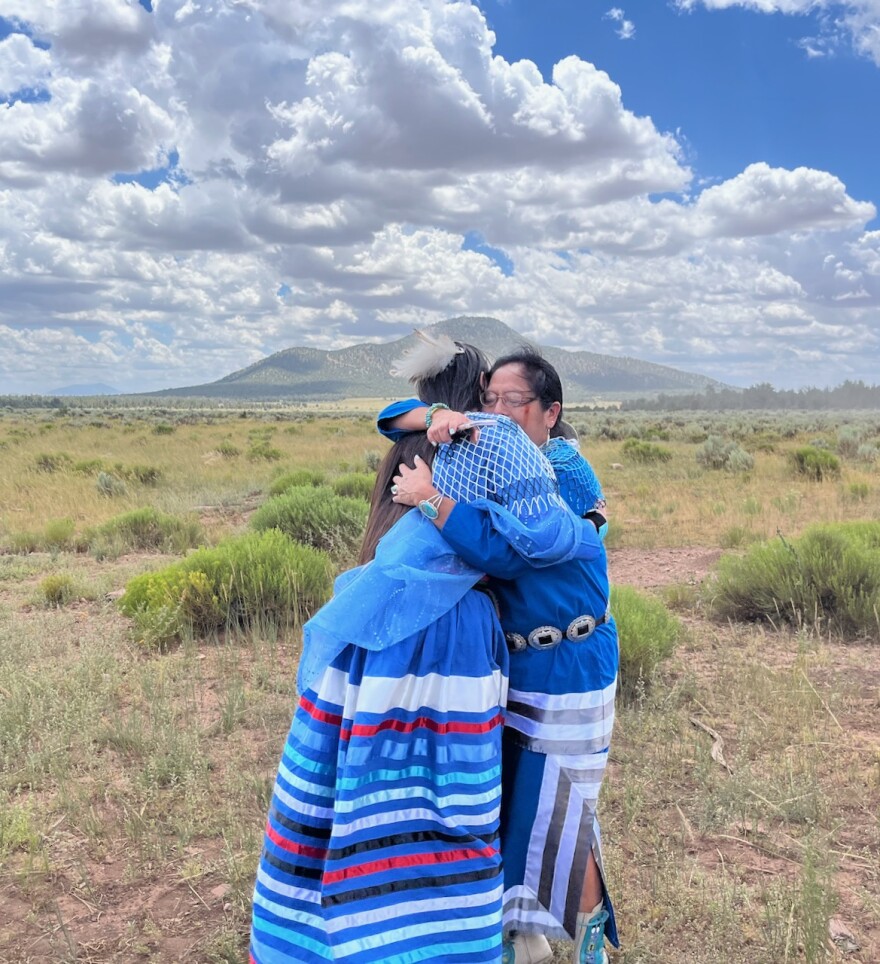Tribal leaders are praising President Joe Biden’s designation of a nearly 1-million-acre national monument near Grand Canyon National Park. Representatives of more than a dozen tribes were on hand Tuesday when he signed the proclamation.
President Biden’s order declaring the Baaj Nwaavjo I’tah Kukveni Grand Canyon National Monument represents the culmination of decades of effort by tribal leaders.
The land surrounding the national park contains thousands of culturally and spiritually important sites along with key water resources.
"I’m overwhelmed to see that everyone is finally hearing the voices of the small Havasupai Tribe," said Havasupai Tribe member and Grand Canyon Tribal Coalition coordinator Carletta Tilousi. "And just to see the president here and speak about the atrocities that my ancestors went through is starting the healing process for me and my community."

The signing ceremony was held near Red Butte, one of the Havasupai Tribe’s most sacred areas.
"To see that the White House, President Biden, honoring tribal sovereignty—that’s what I really appreciate about it is, our laws and our voices are being respected," said Navajo Nation President Buu Nygren who also attended the signing along with Hopi Chairman Timothy Nuvangyaoma and others tribal leaders.
Some Arizona Republicans, however, framed the designation as a “land grab” and say it jeopardizes U.S. energy independence and economic security.
The monument declaration makes permanent a 2012 Obama administration moratorium on new uranium mining claims on about a million acres adjacent to Grand Canyon National Park. Tribes and conservationists say mining threatens the area's water resources as well as Indigenous sacred sites.
The new monument, also known as the Ancestral Footprints of the Grand Canyon National Monument, includes federal lands north and south of the Grand Canyon administered by the U.S. Forest Service and the Bureau of Land Management. A tribal commission will also help to manage the national monument.
It is Biden’s fifth such declaration of his presidency.



